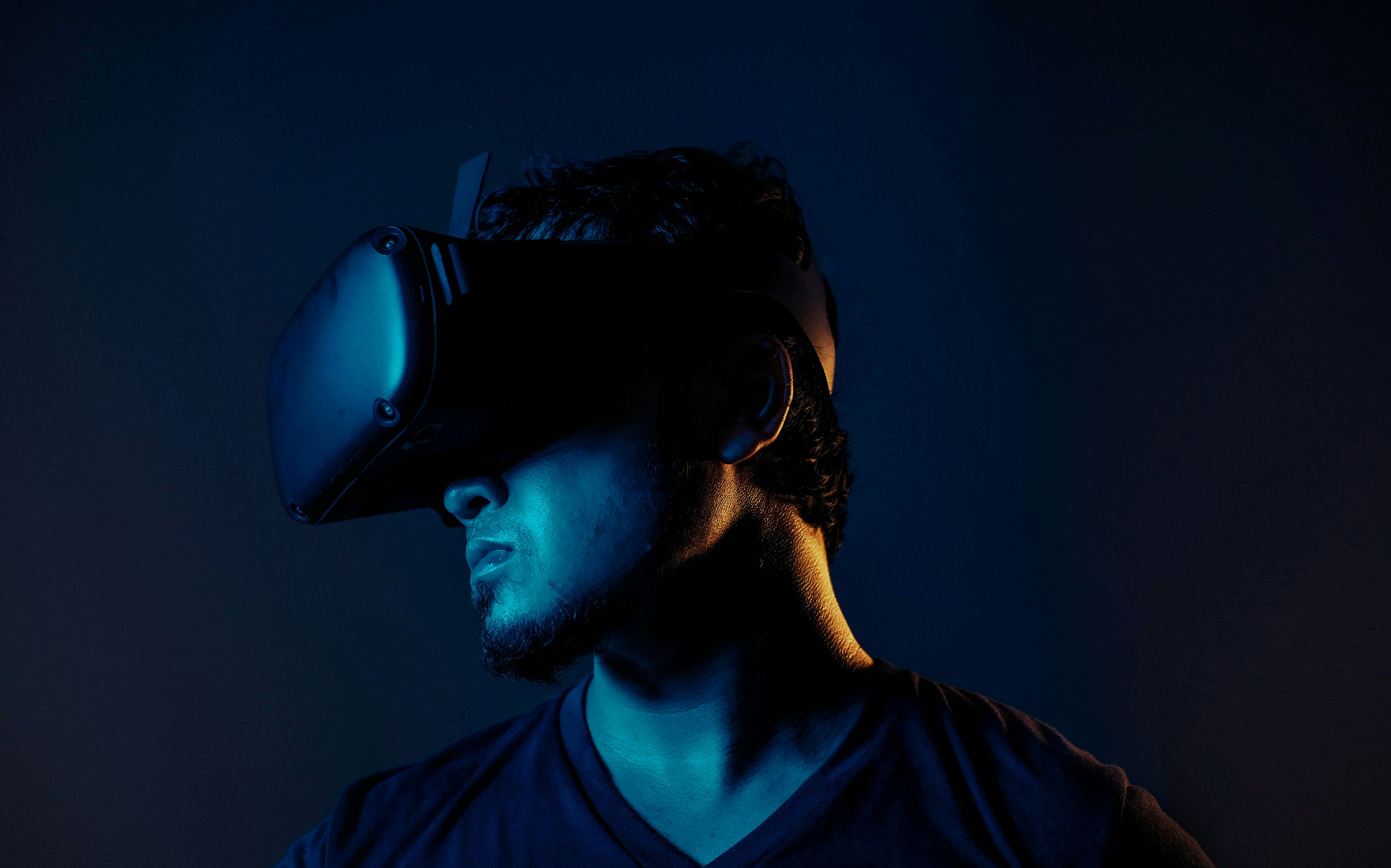
In recent years, technological innovations have revolutionized industries across the globe, and real estate is no exception. One of the most exciting advancements in the field is the integration of Virtual Reality (VR) technology. As VR becomes more accessible and affordable, its potential to transform how properties are bought, sold, and managed is becoming increasingly clear. This immersive technology is offering new opportunities for real estate professionals to improve their business operations and provide more engaging experiences for their clients.
Transforming Property Tours
Traditionally, property buyers and renters would visit homes in person, which could be a time-consuming and often inefficient process. With the advent of VR, prospective buyers can now take virtual tours of properties from the comfort of their homes at any time of day. This not only saves time but also allows clients to explore multiple properties quickly and efficiently without the need for physical visits. By simply donning a VR headset, potential buyers can walk through homes, explore different rooms, and even get a feel for the property’s layout. This immersive experience offers a level of detail that photos and videos cannot match, giving buyers a much clearer idea of what the property will be like.
Enhancing the Buying Process
One of the significant challenges in the real estate market is the difficulty of visualizing a property’s potential, especially when it’s under construction or in need of renovation. VR can help bridge this gap by offering virtual staging and design tools. Real estate agents and developers can use VR to create fully furnished, lifelike models of properties, giving buyers an idea of how a space could look once completed or renovated. This ability to visualize future possibilities is especially valuable when clients are purchasing off-plan properties or homes in the early stages of construction.
Furthermore, VR can be used to provide virtual walkthroughs of custom-designed homes, allowing buyers to make changes in real time, such as adjusting the layout or choosing different finishes. This flexibility enhances the personalization aspect of home buying and allows clients to make more informed decisions based on their specific preferences.
Streamlining Property Management
Beyond buying and selling, VR is also proving useful in property management. Landlords and property managers can utilize VR to give virtual tours to prospective tenants, making the leasing process more efficient. With VR, property managers can reach a broader audience, including international tenants who may not have the ability to visit properties in person. Additionally, virtual reality can be used for property inspections, enabling managers to virtually inspect properties from remote locations. This ability to evaluate properties without the need for physical presence not only saves time but also makes the inspection process more cost-effective.
Training and Education for Real Estate Professionals
The use of VR technology is also beneficial in training real estate professionals. By immersing agents in virtual environments, they can learn how to handle complex situations, from property tours to negotiations, in a risk-free setting. VR can simulate real-world scenarios, allowing agents to practice their skills and improve their performance. Additionally, training new agents becomes more streamlined and effective, as they can learn how to navigate properties, handle client inquiries, and deal with various situations in a realistic, controlled setting.
The Road Ahead
As VR technology continues to improve, its applications in real estate will undoubtedly expand. While it is already making waves in property tours and management, it has the potential to play a key role in areas such as architectural design, client collaboration, and even remote workspaces for agents and clients. The future of VR in real estate is promising, and its impact will likely be profound.
For now, real estate professionals and companies that embrace this technology are positioning themselves as forward-thinking leaders in the industry. As VR becomes more widely adopted, it will continue to shape the way we buy, sell, and manage real estate, ultimately providing a more efficient, engaging, and personalized experience for all involved.